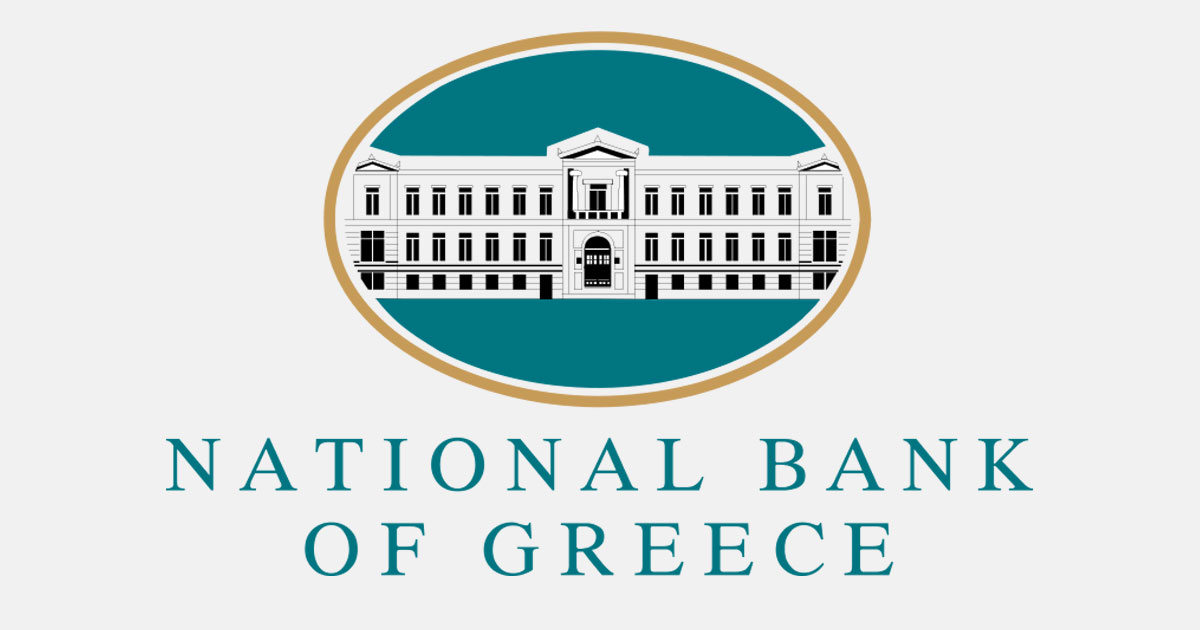RBI hikes risk margin for consumer lending by banks, NBFCs
16 Nov 2023

Reserve Bank of India (RBI) has raised the risk weights in respect of consumer credit exposure of commercial banks, including personal loans, by 25 percentage points to 125 per cent. This will be applicable to both existing and new loans.
There will, however, be no increase in risk weight in respect of housing loans, education loans, vehicle loans and loans secured by gold and gold jewellery.
As per extant instructions applicable to commercial banks, consumer credit attracted a risk weight of 100 per cent.
RBI said it will also prescribe limits for all unsecured consumer credit exposures. The limits so fixed will have to be strictly adhered to and monitored on an ongoing basis by the Risk Management Committee of the concerned banks and NBFCs.
All top-up loans extended by lenders against movable assets, which are inherently depreciating in nature, such as vehicles, shall be treated as unsecured loans for credit appraisal, prudential limits and exposure purposes, as per the RBI circular.
RBI also raised the risk weight for credit card receivables of scheduled commercial banks (SCBs) to 125 per cent and that of NBFCs to 150 per cent.
The risk weight in respect of exposures of SCBs to NBFCs, excluding core investment companies, stands increased by 25 percentage points above the levels prescribed by accredited external credit assessment institutions (ECAI).
However, loans to HFCs and NBFCs that are eligible for classification as priority sector in terms of the extant instructions have been excluded.
RBI referred to the governor’s statement dated 6 October 2023 flagging the high growth in certain components of consumer credit and advising banks and non-banking financial companies (NBFCs) to strengthen their internal surveillance mechanisms, address the build-up of risks, if any, and institute suitable safeguard.
During his interactions with MD/CEOs of major banks and large NBFCs in July and August 2023, the governor had also cited the high growth seen in consumer credit and increasing dependency of NBFCs on bank borrowings, the RBI stated.


















